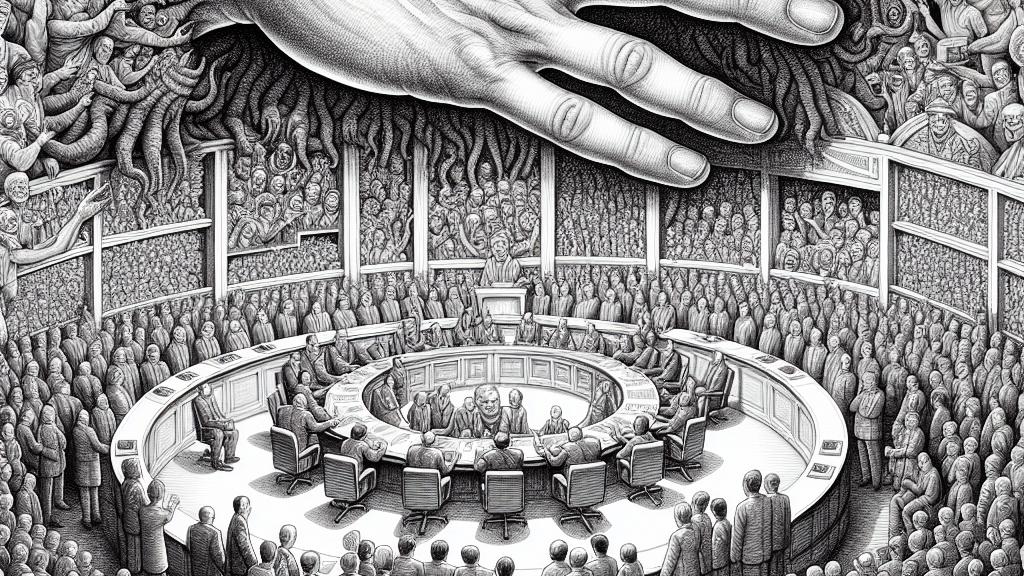The Unseen Hand: Are We Overestimating the Unification Church's Political Influence?
Overview
- The Unification Church's political influence in Japan is hotly debated.
- Contradicting views suggest that their power is either overstated or understated.
- Recent revelations highlight the nuances of their involvement in political affairs.

Examining the Unification Church's Influence
The Unification Church operates in Japan with an estimated 100,000 followers. Journalist Suzuki Eight's analysis suggests that many believe the church effectively manipulates politics from the shadows, a view he argues is an overstatement. On the other hand, there is a tendency to minimize their influence completely, particularly given their limited ability to win elections independently. Instead, they tend to support candidates who would otherwise struggle, demonstrating a strategic yet subtle method of exerting influence that warrants closer examination.
Political Interconnections and Ethical Boundaries
The relationships that members of the Unification Church have developed with politicians underscore a significant ethical issue in Japan's political realm. For instance, prominent figures like Koichi Hagiuda have cultivated long-standing ties with church members, raising questions about transparency and accountability. While these politicians may publicly distance themselves from the church, the nature of their private interactions can lead to potential biases in policy-making. Such dynamics challenge the integrity of political processes and necessitate a conversation about the implications of these affiliations on governance in Japan.
Urgent Calls for Reform and Transparency
In light of the Unification Church's complex history and its implications for political interactions, there is a pressing demand for reform. Analysts and political critics are advocating for clear guidelines that establish transparency regarding politicians' relationships with religious organizations. The discourse emphasizes the importance of safeguarding democratic principles by ensuring that potentially harmful organizations do not wield undue influence over elected officials. Heightened awareness among constituents and demands for thorough audits of political affiliations are essential steps toward bolstering political accountability and protecting the integrity of Japan's democratic systems.

Loading...